


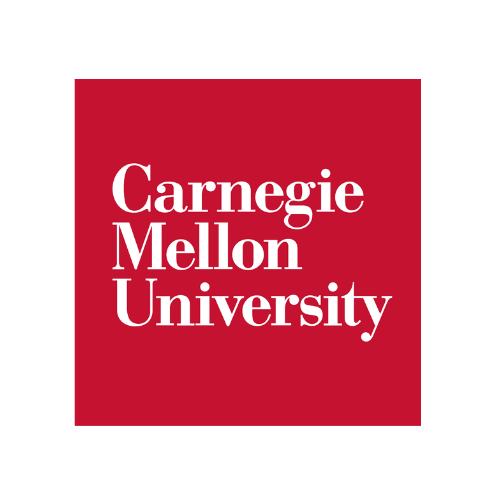


 Unofficial Transcript
Unofficial Transcript .svg) Essay
Essay  Work Sample
Work Sample  Video Assignment
Video Assignment  1 Recommendation
1 Recommendation  English Test C1-C2
English Test C1-C2  Online Application From
Online Application From  Application Fee
Application Fee  Standardized Test Scores *
Standardized Test Scores *
 Activities List *
Activities List *



Application is closed


Improve as a musician in a world-class conservatory environment while experiencing the life of a college student, studying and living in a university setting.
 Non-credit
Non-credit
 Residential
Residential
 Accepts International Students
Accepts International Students
Pre-College Music mirrors the first weeks of Carnegie Mellon’s first-year undergraduate School of Music curriculum. It is designed to prepare students for college-level auditions and the life of a music major. Students build skills and confidence through private studio lessons, major performing ensembles, and music support courses.
Admission to each course is based on a demonstrated performance level, which can be shown through an audition recording or a submitted portfolio. Regardless of a student’s skill level, there is a place for them to learn and grow in this program.
Our residential 6-week program stands out as the most comprehensive and enriching option, yielding the most significant results. This immersive experience allows students to explore the full breadth of our curriculum, advancing to more advanced repertoires both in solo work and ensemble performances.
We recognize, however, that this level of commitment may not be feasible for everyone. To accommodate varied schedules and needs, we offer alternative programs that provide a solid foundation for musical growth. The depth of your Pre-College Music experience and the extent of your development will correlate directly with the program you choose.
Program Options
Full-time: Residential or Commuter, 6-week option*
A rich, immersive university experience with rigorous instruction and extracurricular opportunities to help high school musicians discover their potential for a career in music.
Students participate in a full course schedule modeled after the CMU freshman experience. Students are also encouraged to explore a range of minor studios and elective offerings available each summer, such as music technology, jazz studies, and recording techniques.
Required classes include:
• Private Studio Lessons
• Music Theory
• Solfège (Sight-Singing)
• Dalcroze Eurhythmics
• Performing Ensembles
• Concert Choir
• Music History Seminar
• Convocation (Includes performances by professional groups, admissions info sessions, and Q&A with faculty and current college students)
• Major-required courses
Students perform in several concerts culminating in Concert Week, which includes festival-style performances of chamber music, opera scenes, choir, jazz ensembles, and more.
In addition, students have access to extracurricular activities and events through Pre-College Student Affairs.
*Also offered in a truncated 3-week format.
Part-time: Commuter (local students only)
Supplemental instruction for students looking to maintain and expand musical study over the summer. This option is highly flexible and allows for local students with limited availability to participate in lessons and to perform in ensembles.
Classes include:
• Private Studio Lessons
• Music Theory, Solfège, or Dalcroze Eurhythmics (choose one)
• Any/All Performing Ensemble(s) (Millennium Symphony Orchestra, Wind Ensemble, Choir, Jazz Choir, Brass Ensemble, etc.)
PLEASE NOTE:
• In order to be eligible as a commuter student, the parent or legal guardian must have a permanent residence within approximately 30 miles of campus or within Allegheny County. Families who relocate temporarily to the Pittsburgh area are not eligible for commuter status. There are no exceptions to this policy.
• The application fee is waived for Part-time: Commuter applicants.
• Part-time: Commuter applications are accepted through July 4, 2026.
Areas of Study
Instrumental Performance Majors engage in a comprehensive program designed to cultivate well-rounded musicians. The curriculum focuses on preparing students for college auditions through rigorous training and diverse performance experiences.m on the concert stage throughout the summer in faculty-coached chamber music groups, the Millennium Symphony Orchestra, the Wind Ensemble, Jazz Ensemble, and others.
Vocal Performance Majors engage in a comprehensive curriculum designed to enhance both performance skills and musical knowledge. The program focuses on preparing students for college auditions through intensive study and performance of classical repertoire.
Composition Majors Composition majors explore diverse aspects of music composition through both classroom and individual instruction. The curriculum covers essential areas such as music theory, analysis, and orchestration.
Music Technology/Electronic Music Majors work to develop the skills necessary to be successful studio engineers and/or electronic music composers. They study the properties of sound and learn the basics of digital audio and sequencing, working in a fully equipped studio recording live musicians. They are taught proper recording practices such as microphone selection/placement, advanced microphone techniques, and studio management.
Major Studio Options
Students may major in the following areas:
Bagpipe
Bassoon
Cello
Clarinet
Composition
Double Bass
Electronic Music
Euphonium
Flute
Guitar
Harp
Horn
Music Technology/Electronic Music
Oboe
Percussion
Piano
Saxophone
Trombone
Trumpet
Tuba
Viola
Violin
Voice
Minor Studio Options (lessons optional, but recommended - additional fees apply)
Through the Minor Studio options, students may take introductory or advanced lessons on any of the major instruments listed above with the addition of Songwriting, Jazz Piano, Jazz Voice, and/or Conducting.
To be eligible for Pre-College Music, students must:
Be at least 16 years old by the program start date (to participate in the full-time program options).
- Be a current sophomore or junior in high school at the time of application submission (to participate in the full-time program options).
- Have a strong interest in music.
The application fee is waived for Part-time: Commuter applicants.
 Unofficial Transcript
Unofficial Transcript
.svg) Essay
Essay
 Work Sample
Work Sample
 Video Assignment
Video Assignment
 1 Recommendation
1 Recommendation
 English Test C1-C2
English Test C1-C2
 Online Application From
Online Application From
 Application Fee
Application Fee
 Standardized Test Scores *
Standardized Test Scores *
 Activities List *
Activities List *
The complete application for full-time Pre-College Music consists of the following:
- Completed online application
- Unofficial transcript
- Standardized test scores (optional)
- One letter of recommendation
- Response to essay prompt (included in the application)
- Submission of the following audition requirements:
- Instrumental and Vocal Performance Majors should submit recordings of two to three contrasting pieces that demonstrate their musical and technical level of achievement. (Vocalists: Please note that Pre-College Music focuses mainly on classical repertoire, rather than musical theater.)
- Composition Majors should submit two to three manuscripts of original compositions showing their range in genre, training, and ability. If possible, include an audio recording of each of the submitted compositions. An electronically generated recording is acceptable.
- Music Technology/Electronic Music Majors should submit a portfolio containing samples of their creative work. This may include audio recordings of performances or compositions that you engineered, video recordings of performances or compositions that you produced or edited, and/or screenshots of your software or other creative work. If this is not possible, please provide a written statement that outlines your specific interests and experience with music technology or electronic music.
Application Deadlines
Early Deadline - February 1, 2026. Scholarship and international applications must be submitted by this date. 11:59pm EST. Fixed admissions. Decisions sent on March 15.
Final Deadline - March 1, 2026. Fixed admissions. Decisions sent on April 15.
 Jun 20 - Aug 01
Jun 20 - Aug 01
 6 weeks
6 weeks
 Jun 20 - Aug 01
Jun 20 - Aug 01
 6 weeks
6 weeks
 Jun 20 - Jul 11
Jun 20 - Jul 11
 3 weeks
3 weeks
 Jun 20 - Aug 01
Jun 20 - Aug 01
 6 weeks
6 weeks
The cost includes:
- Tuition for college-level classes taught by accomplished Carnegie Mellon University faculty.
- Housing on a vibrant and welcoming college campus (residential students only).
- Dining Services that offer diverse eating options emphasizing health, wellness, and delicious food! Dining options include (but are not limited to) vegan, vegetarian, kosher, and Halal.
- CMU ID Card with an Arts Pass providing free admission to a number of museums and venues in the Pittsburgh area.
- Free transportation on the Pittsburgh Regional Transit (PRT) system to attend organized program activities, extra-curricular Student Affairs events, or to explore all that Pittsburgh has to offer.
Additional Fees
• Application Fee - $50
• Enrollment Deposit - $800
Application Fee and Enrollment Deposit are non-refundable.
Part-time: Commuter applicants are not required to pay an Application Fee or an Enrollment Deposit. All costs are assessed after enrollment and are dependent on lesson and activity choices.
Scholarships
Full scholarships covering tuition, housing, and dining are available to students demonstrating financial need. You can elect to be considered for a scholarship within the online application.
Please note: International students are not eligible for scholarship consideration.
Scholarship Eligibility
- Be a U.S. citizen or permanent resident
- Be available to attend the entirety of the program
- Demonstrate financial need
Financial Need
Students in any of the below categories are considered to demonstrate financial need:
• Students who have received or are eligible to receive an ACT or SAT testing fee waiver.
• Students who are enrolled in or eligible to participate in the Federal Free or Reduced Price Lunch Program (FRPL).
• Students whose family income falls within or near the Income Eligibility Guidelines set by the USDA Food and Nutrition Service.
• Students who are enrolled in a federal, state, or local program that aids students from low-income families (e.g. TRIO programs such as Upward Bound).
• Students whose family receives public assistance.
• Students who live in federally subsidized public housing, a foster home, or are homeless.
• Students who are a ward of the state or an orphan.
• Students who can provide a supporting statement from a school official, college access counselor, financial aid officer, or community leader.
Documentation of financial need is required to be considered for scholarship opportunities in all available programs.
Documentation required includes tax documents or a completed NACAC Application Fee Waiver signed by your high school guidance department.




 Unofficial Transcript
Unofficial Transcript
.svg) Essay
Essay
 Work Sample
Work Sample
 Video Assignment
Video Assignment
 1 Recommendation
1 Recommendation
 English Test C1-C2
English Test C1-C2
 Online Application From
Online Application From
 Application Fee
Application Fee
 Standardized Test Scores *
Standardized Test Scores *
 Activities List *
Activities List *



Application is closed

Useful Resources






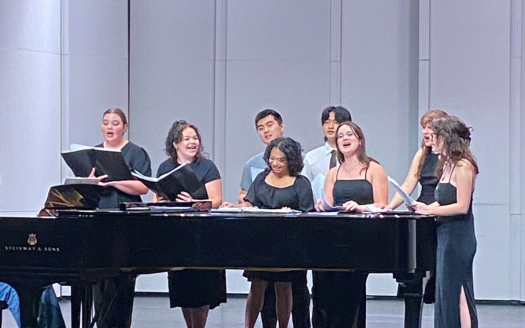
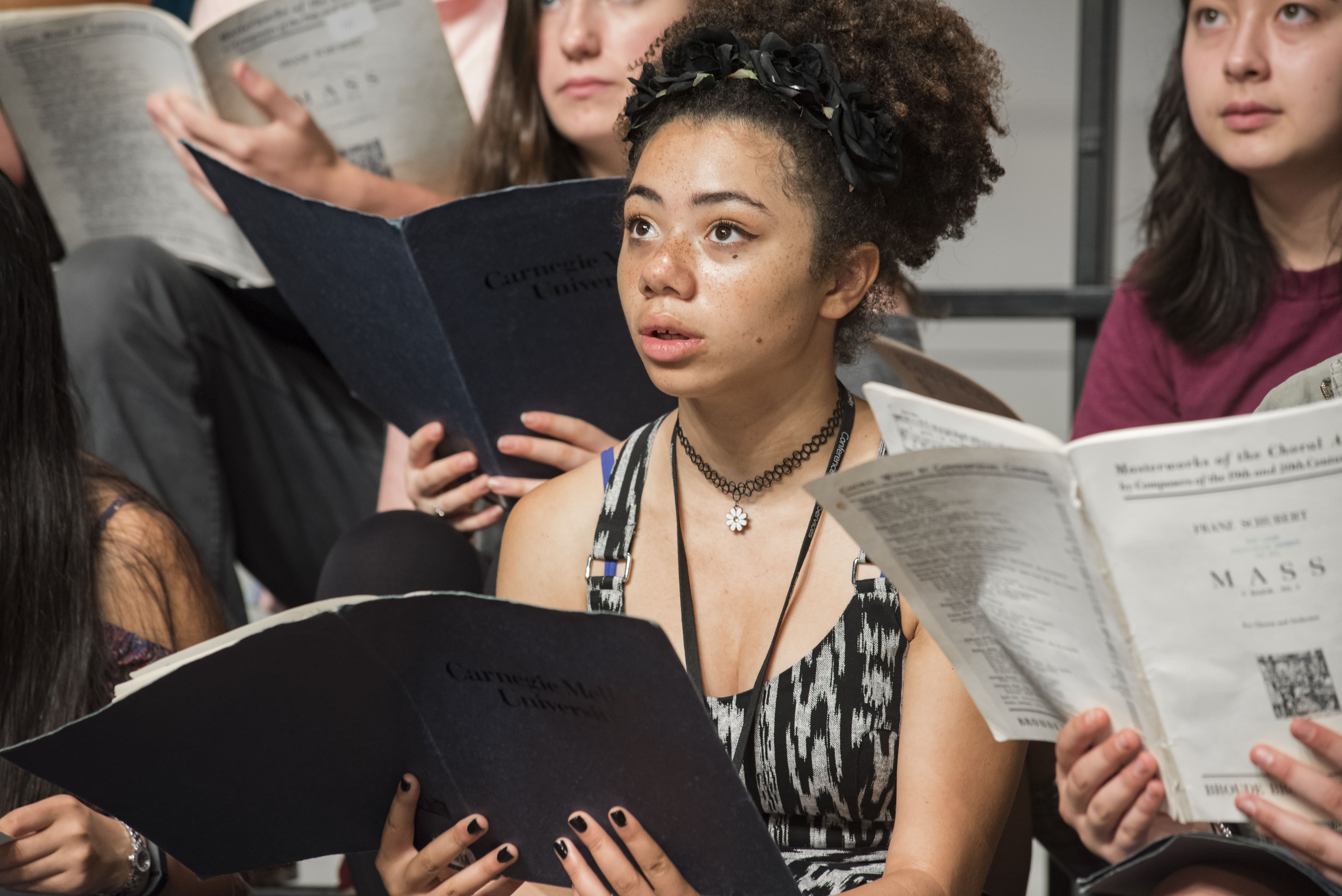
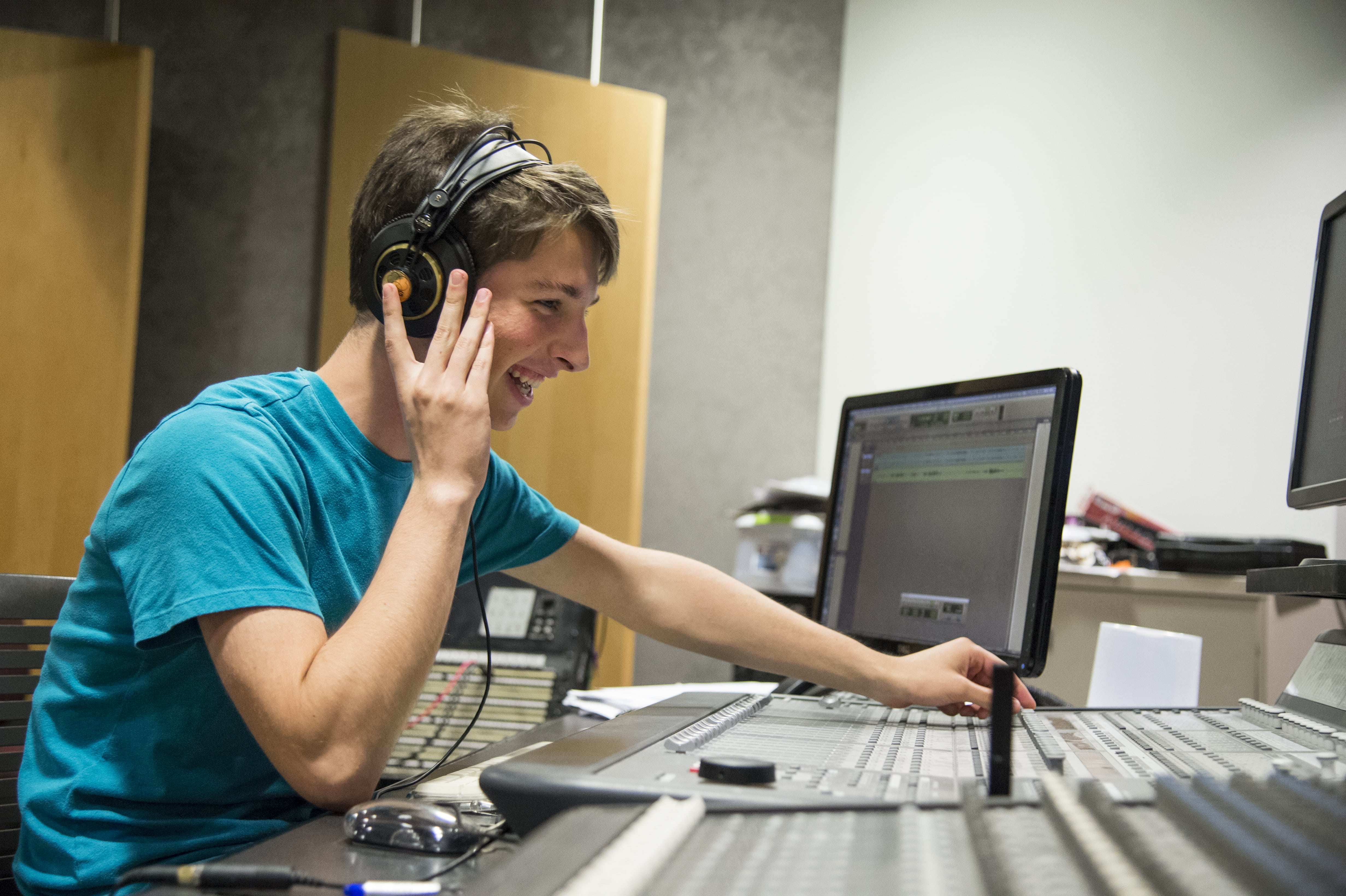
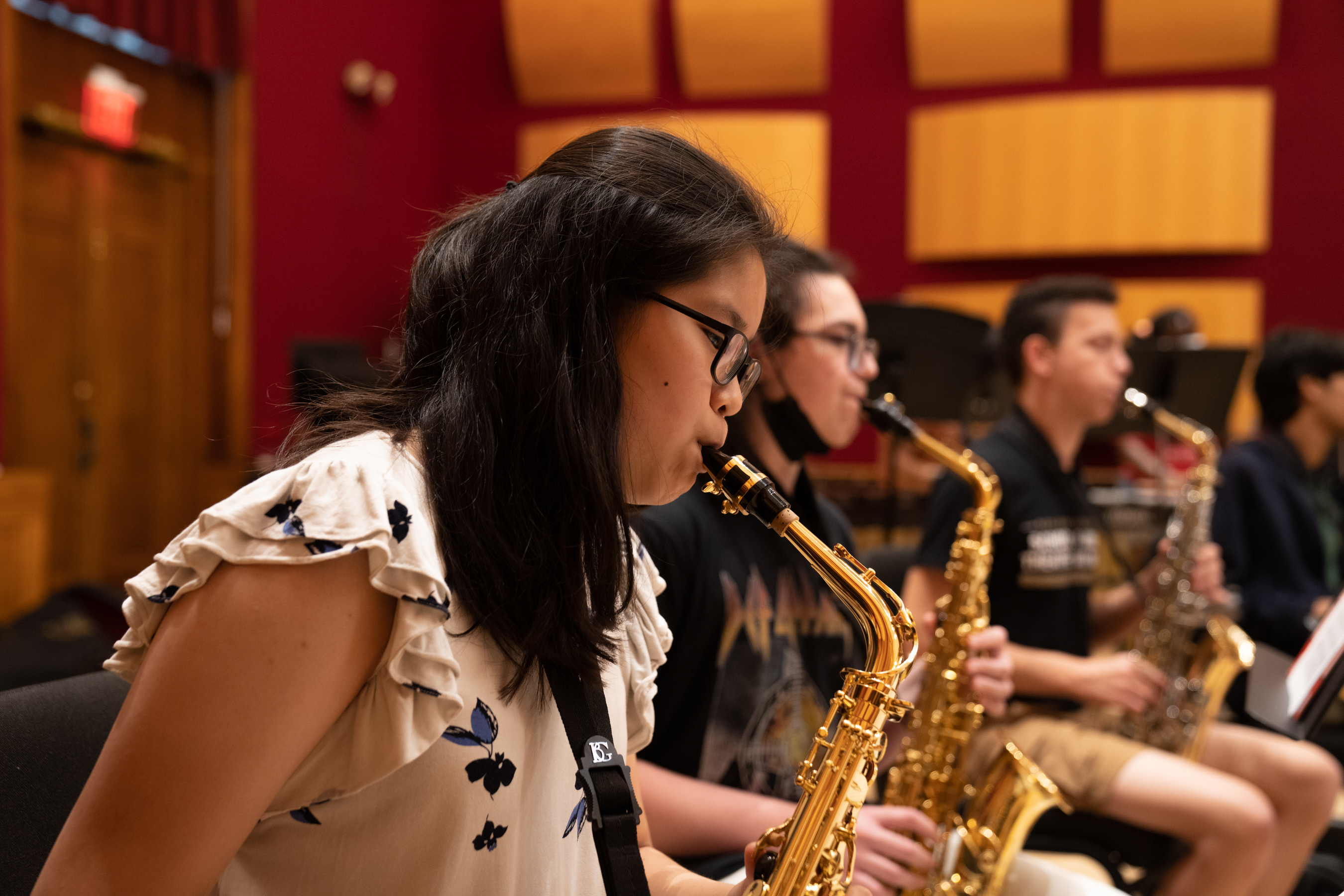




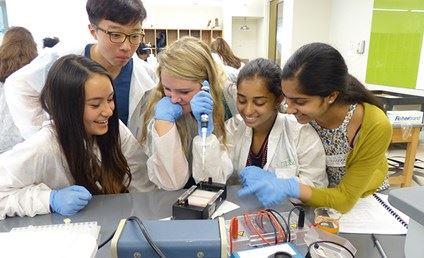

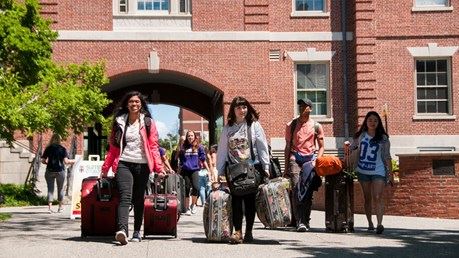

Tell us your
opinion about us